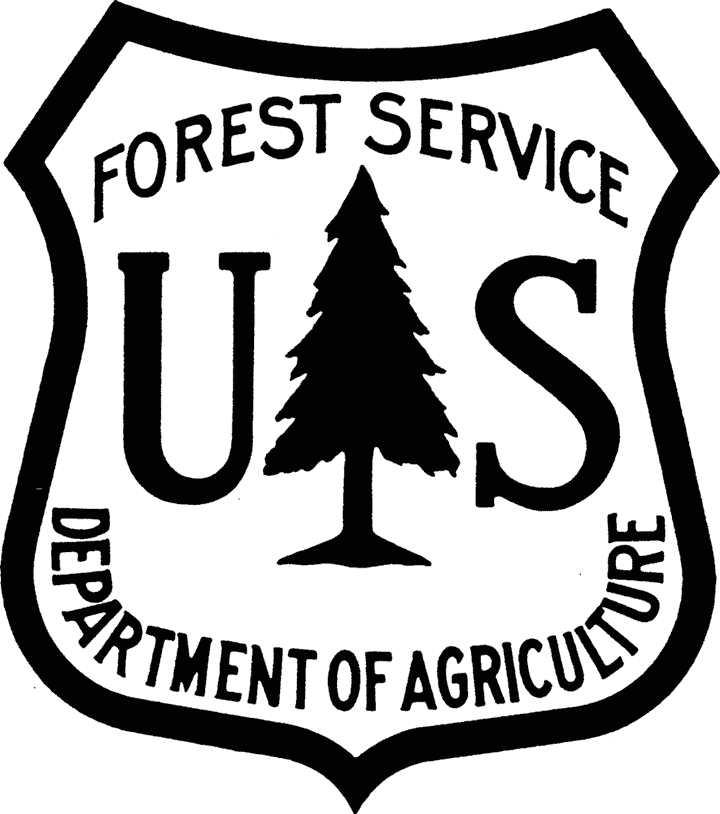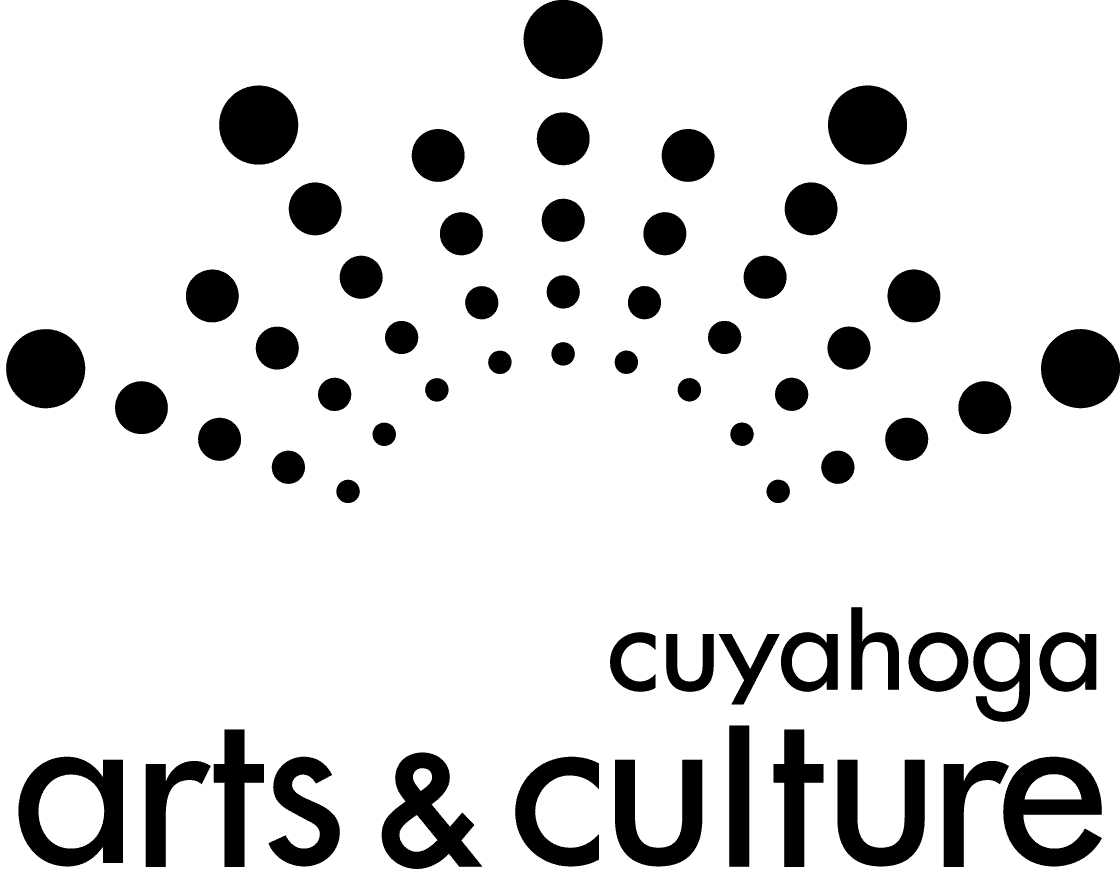Get Growing Blog
Connecting people with the wonder, beauty, and value of trees and plants.
Most Recent
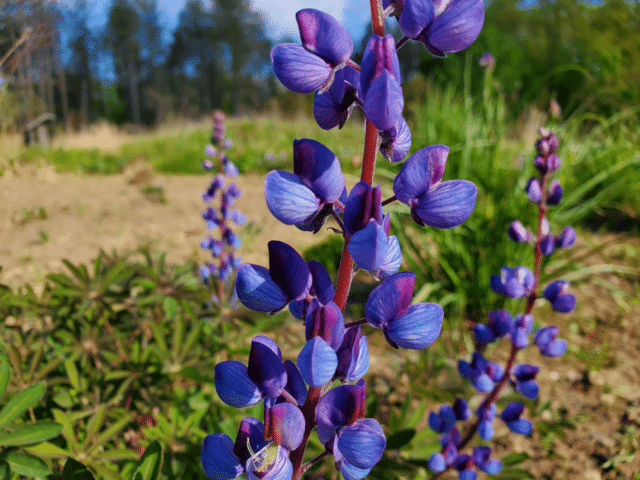
April 24, 2024
Leapin’ Lupines!
By Dawn Gerlica, Senior Horticulturist
Renovating the Sand Prairie in the Myrtle S. Holden Wildflower Garden It’s not quite the phrase from the musical, ‘Annie’, but it does convey the shock of the renovation work... more
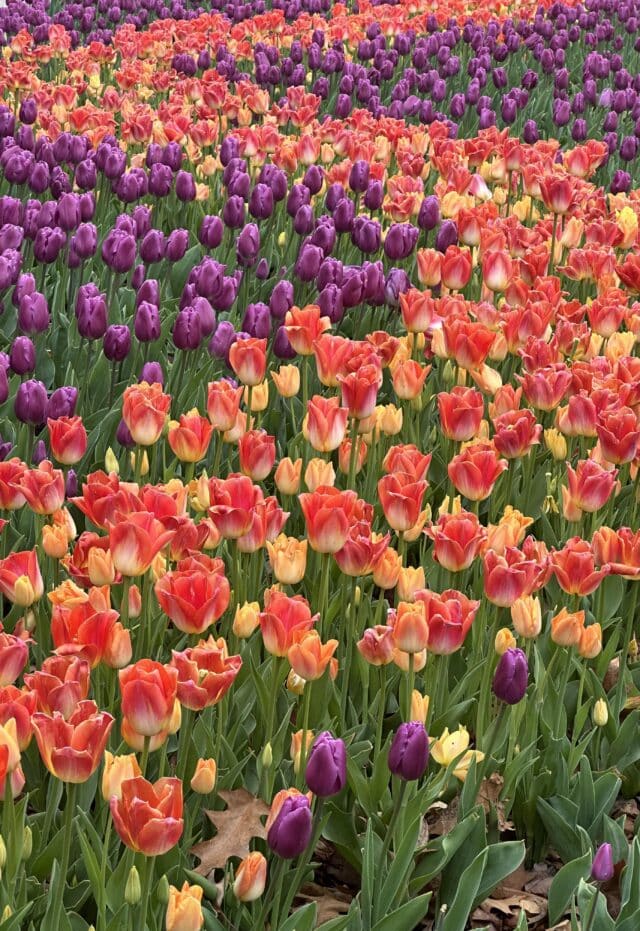
April 19, 2024
It’s Poppin’: April 19th
By Tom Arbour, M.En., Curator of Living Collections
It’s absolutely poppin’ out there! Don’t let the grey skies keep you from a technicolored adventure this weekend. At the Cleveland Botanical Garden, it’s tulip time! Yes, there are other... more
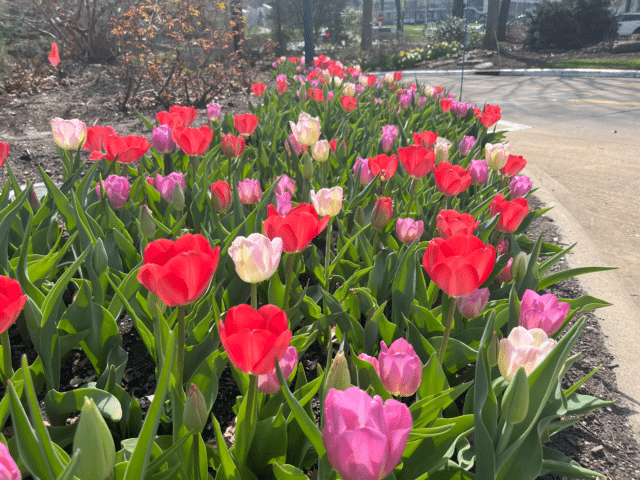
April 12, 2024
It’s Poppin’: April 12th
By Alexandra Faidiga, Plant Recorder
It has been an unforgettable week for northeast Ohio! Whether you were downtown or in the suburbs on Monday afternoon, at 3:13pm we were all gazing skyward to witness the... more
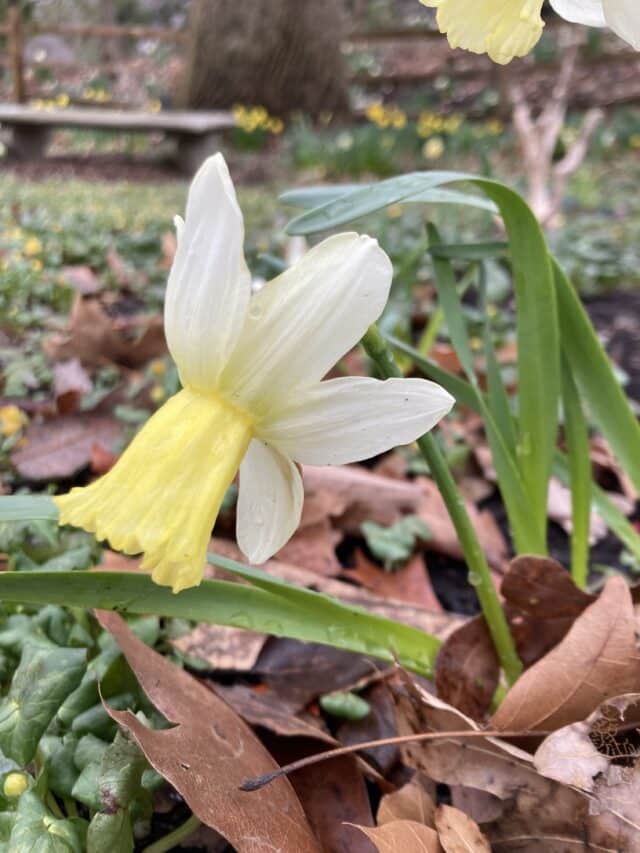
April 10, 2024
Delighting in Daffodils
By Stefanie Verish, Horticulturist
On these gray-cast and chilly days of early spring, bright spatterings of daffodils are like displaced sunshine, coaxing from us hope and smiles for fairer days to come. They stand... more
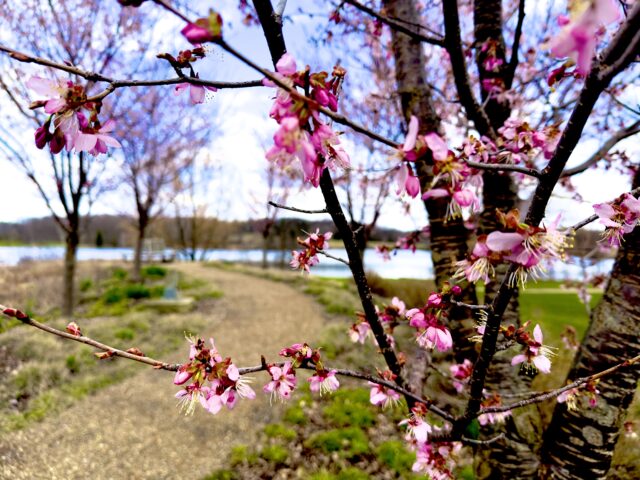
April 5, 2024
It’s Poppin’: April 5th
By Tom Arbour, M.En., Curator of Living Collections
Spring blooms arrived early this year, but then cold weather set in and pressed pause on our floral displays. The recent heavy rains and cool temperatures mean that spring is... more
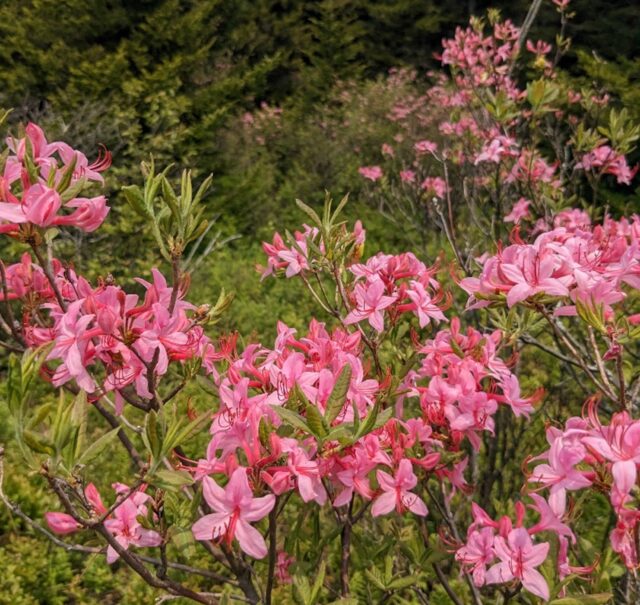
April 2, 2024
Ohio’s Native Rhododendrons
By Kara Grady, Conservation Horticulture Assistant, NOWCorps
I love native plants, especially the prairie plants of my home state, Iowa. So when I first moved out to Ohio, I knew I’d be learning the new names and... more

March 29, 2024
It’s Poppin’: March 29th
By Alexandra Faidiga, Plant Recorder
Welcome back! It’s still early spring and the gardens are starting to ramp up. Here are some new blooms to check out at both of our campuses this weekend: Holden... more

March 29, 2024
Women’s History Month Spotlight: Ruth Patrick
By Brianna Shepherd, Research Specialist
Since 1985, the presidents of the United States have issued a proclamation declaring March as Women’s History Month. This special dedication is to honor the contributions and special achievements of... more
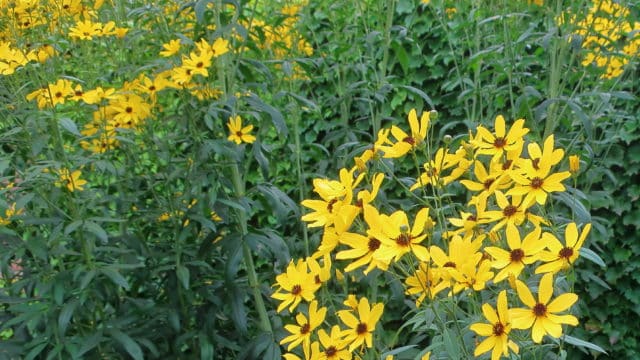
March 26, 2024
Planting Natives: How to do it and why it’s important
By Alexandra Faidiga, Plant Recorder
While gardening activities may be limited this time of year in northeast Ohio, it’s the perfect season for starting native plants from seed. Following the recently concluded National Invasive Species... more
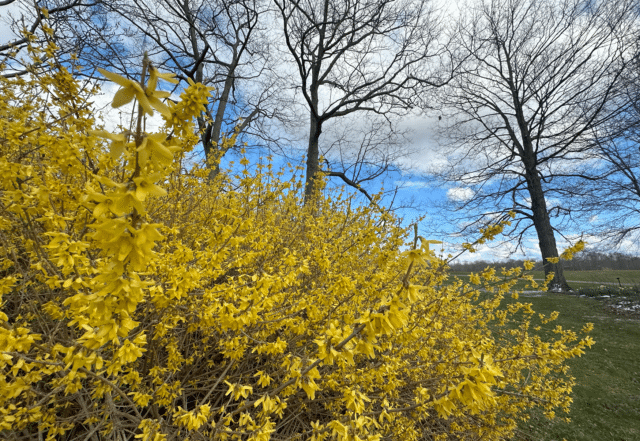
March 22, 2024
It’s Poppin’: March 22nd
By Tom Arbour, M.En., Curator of Living Collections
Spring is here! After a warm weekend, temperatures dropped quickly, but you’ll be surprised at all the blooms poppin’ at both our campuses! Here’s our weekly guide of where to... more

March 22, 2024
Women’s History Month Spotlight: Rachel Carson
By Brianna Shepherd, Research Specialist
Since 1985, the presidents of the United States have issued a proclamation declaring March as Women’s History Month. This special dedication is to honor the contributions and special achievements of... more

March 21, 2024
Let’s Celebrate the Forest Today
By Rachel Kappler, Great Lakes Basin Forest Health Collaborative (GLB FHC) Coordinator
It is the International Day of Forests, a day to celebrate local forests and this year’s theme is Forestry and Innovation. You might be surprised to find out that Holden... more
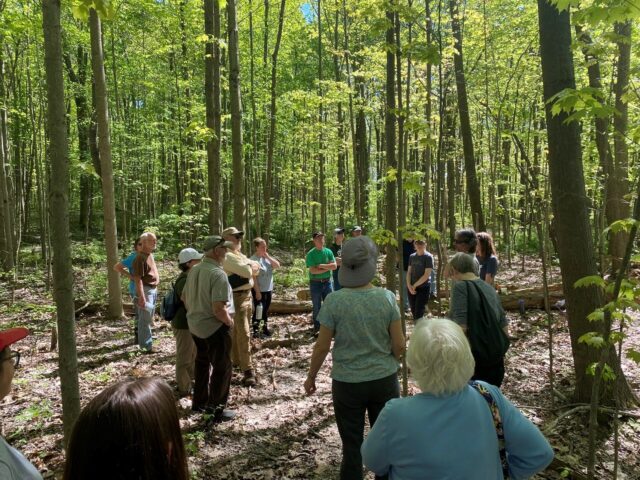
March 15, 2024
Holden Forests & Gardens Receives $1.8M to Expand Forest Landowner Support in the Great Lakes Region
FOR IMMEDIATE RELEASE (CLEVELAND) March 15, 2024 – Holden Forests & Gardens today announced that it received $1.8 million from the USDA Forest Service as a part of the nearly $145 million... more
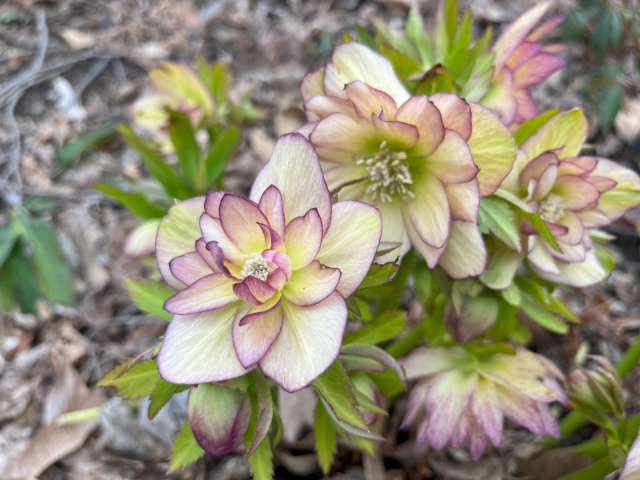
March 15, 2024
It’s Poppin’: March 15th
By Alex Faidiga, Plant Recorder
It’s the time of year we’ve all been waiting for… It’s Poppin’! You may have noticed that things seem to be blooming a bit earlier than usual this year, and... more

March 14, 2024
Holden Award in Plant & Environmental Science Encourages Next Generation of Scientists
By Juliana S. Medeiros, PhD, Plant Biologist
Researchers at HF&G are dedicated to training and inspiring the next generation of scientists, and as part of this we are proud to contribute the Holden Forests & Gardens Special... more
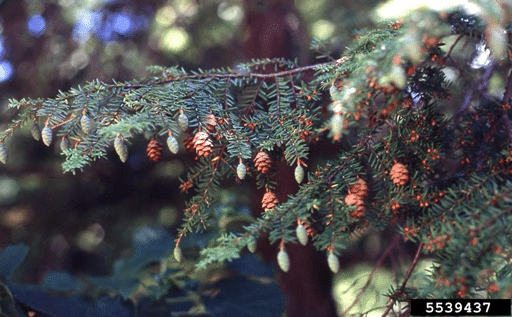
March 13, 2024
Monitoring Hemlock Woolly Adelgid Colonization
By Danny Dlugos, PhD, Senior Research Specialist - Plant Breeding
Eastern hemlock (Tsuga canadensis) is one of the most recognized trees in Northeast Ohio. Native to the eastern United States and Canada, it ranges from Nova Scotia south along the... more

March 13, 2024
Plants & Me at Cleveland Botanical Garden Delights Young People
By Audriana Carmona, Communications Specialist
Last Thursday, the Cleveland Botanical Garden welcomed Lorain’s Hawthorne preschool students through the Early Learning Initiatives (ELI) program. Holden Forests & Gardens partners with Lorain Historical Society, Lorain County Preschools, Cuyahoga... more
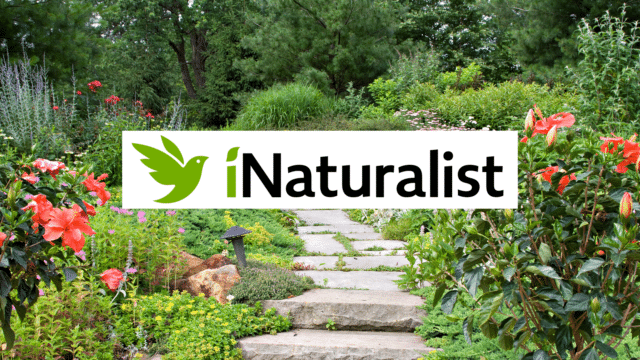
March 6, 2024
Using iNaturalist for Community Science
If you are a nature lover interested in knowing the species around you, there’s one app you should have on your smartphone: iNaturalist. Once you create an account, you can... more
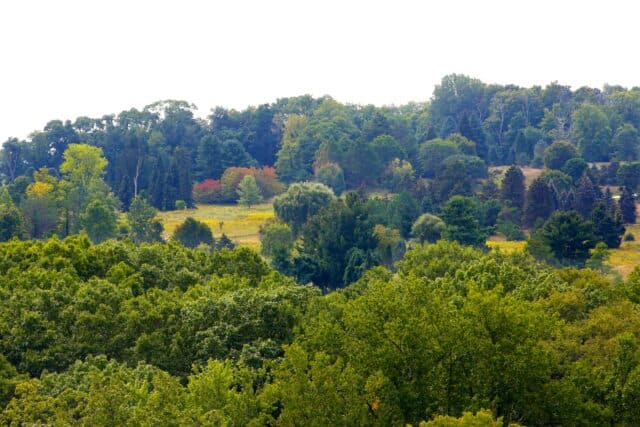
March 5, 2024
The Core Natural Areas are Coming into Focus
By Rob Maganja, Horticulturist
To me, the most exciting aspect of being a horticulturist is the ability to select plants to put in my areas. And, because I manage the Core Natural Areas—which for... more
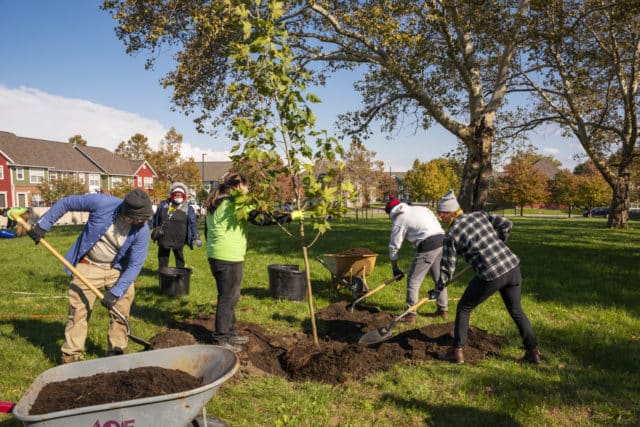
February 29, 2024
Don’t Be Over-elm-ed When Planting a Tree
By Amanda Wood, Urban Community Forester
Even though the weather is still trying to figure out what it wants, spring is around the corner which means trees will be putting out leaves soon! This means that... more
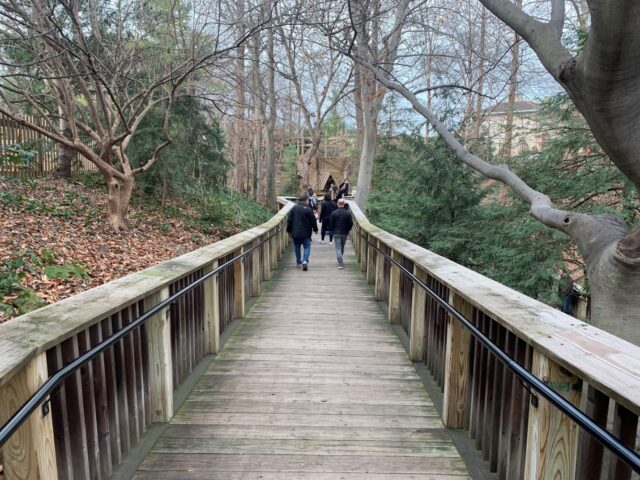
February 27, 2024
The Woodland Garden: Unique Challenges and Opportunities
By David Criste, Horticulturist
The Woodland Garden is the largest display garden located within the Cleveland Botanical Gardens. It features some of the largest trees, both native and introduced shade-loving shrubs and perennials, and... more

February 12, 2024
Winter Work and Beauty at the Arboretum
By Mary Lineberger, Horticulturalist
My colleagues and I are often asked, “What do you do in the winter?” or people comment, “Winter must be your slow season.” Winter is an important time for those... more

February 7, 2024
Using Plant Protection to Push Ohio’s Plant Hardiness Zone
By Sandi Cesarov, Horticulturalist
Like any other plant collector/hoarder, I often covet the things that I cannot have. There are many plants that we cannot enjoy in Ohio because our winter temperatures are too... more
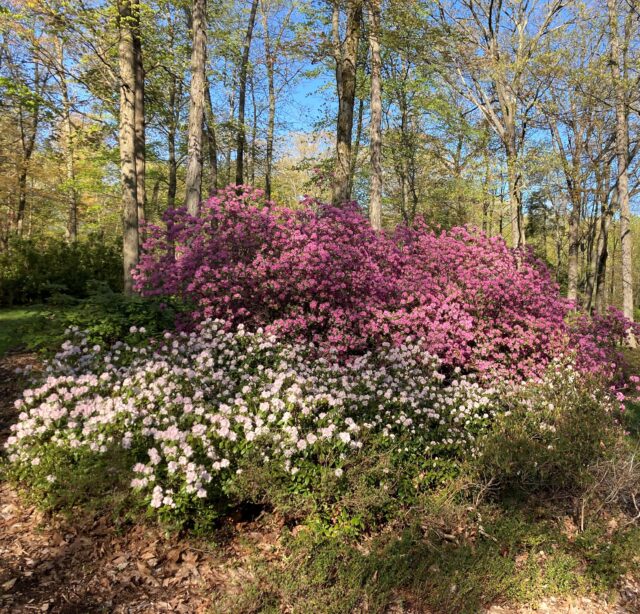
February 2, 2024
Research intern funded by the National Science Foundation joins the team
By Juliana S. Medeiros, PhD, Plant Biologist
The research department at Holden recently welcomed Yasper Michael Mambrasar, M.S., who will be conducting a one-year research internship at Holden Forests & Gardens funded by the National Science Foundation.... more
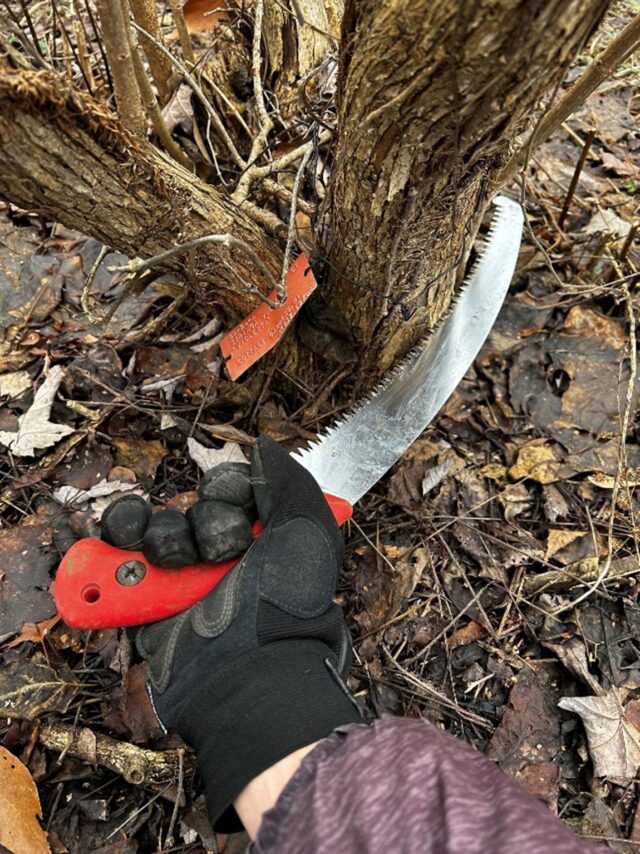
February 1, 2024
Rejuvenation Pruning of Lilac Bushes
By Danny Wylie, Gardener
As winter blankets the landscape in a serene white and the temperatures turn frigid, our responsibilities for outside work are far from over. One essential task we do during this... more
People for Trees™
Make a difference in
your own backyard.
Plant and care for a tree beginning with making a pledge. We will support each pledge with easy-to-follow instructional toolkits, guidance on how to select the most appropriate tree and where to purchase it, free virtual classes and other ongoing support.
Make a pledgeWhat can we help you find?
Popular searches:

